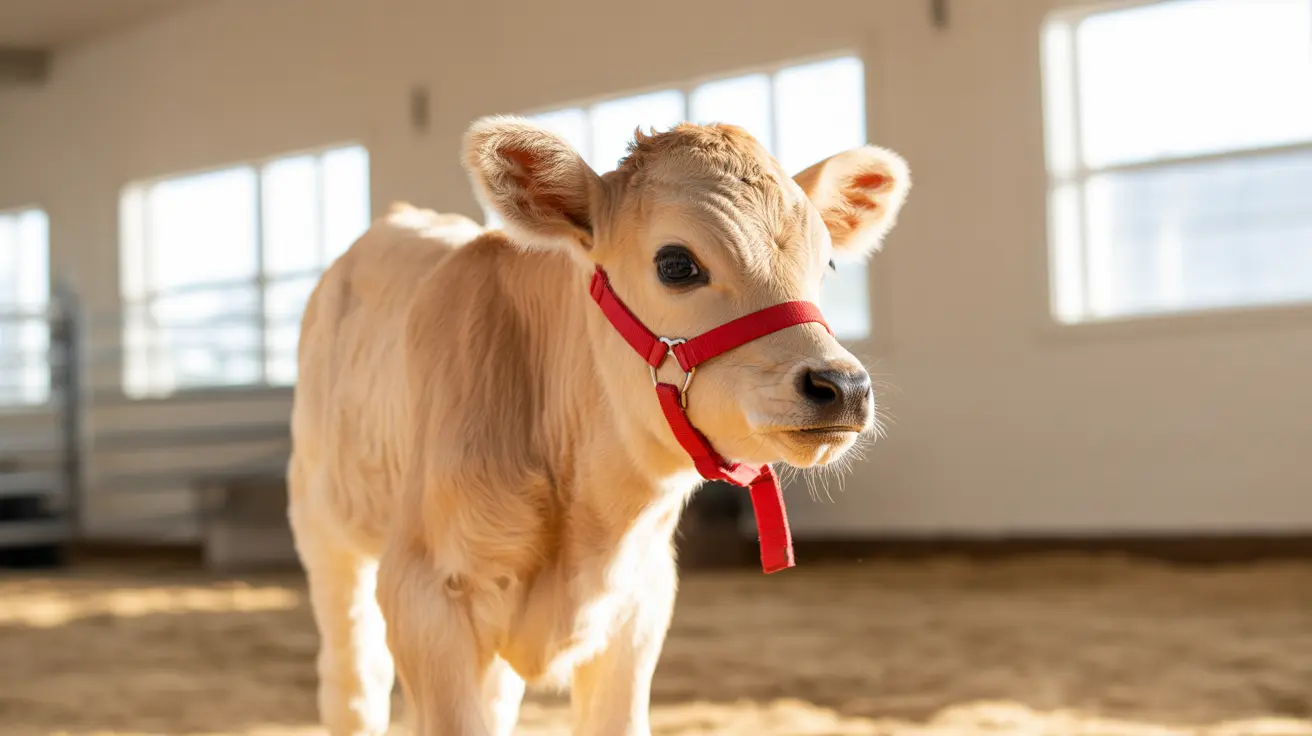Why Do Groomers Spray Vinegar Water on Dogs?
Professional pet groomers often use a variety of natural remedies during grooming sessions, and one common technique is spraying vinegar water on dogs. This practice may seem unconventional at first, but it has proven benefits for maintaining a dog’s hygiene, comfort, and overall skin health. In this article, we explain the reasons behind this grooming method and how it benefits your furry friend.
The Basics of Vinegar Water Spray
Vinegar, especially apple cider vinegar, is prized for its natural antibacterial and deodorizing properties. When diluted with water, it becomes a gentle, non-toxic cleaner that is safe for pets. Most groomers use a 1:1 or 1:2 vinegar-to-water ratio, depending on the dog’s coat and skin sensitivity.
Benefits of Using Vinegar Water on Dogs
- Natural Odor Neutralizer: Vinegar water helps eliminate unpleasant odors by neutralizing odor-causing bacteria rather than just masking them.
- Flea and Tick Deterrent: Vinegar creates an environment that is inhospitable to fleas and ticks, discouraging pests from latching onto your pet.
- Balances Skin pH: Dogs have a naturally acidic skin pH, and vinegar helps maintain this balance, reducing the risk of skin irritations.
- Soothes Itchy Skin: For dogs prone to allergies or dry skin, diluted vinegar can soothe itchiness and inflammation.
- Improves Coat Shine: Regular applications can help give a healthy sheen to your dog’s coat by removing residue buildup.
When and How Groomers Use It
Groomers typically apply vinegar water during rinsing or as a light spray after bathing the dog. It is gently massaged into the fur, then either rinsed off or left to air dry depending on the treatment required. Some groomers also use it between baths to freshen up the dog and reduce odors.
Safe Application Practices
To ensure vinegar water is used safely:
- Always dilute the vinegar properly to avoid skin irritation.
- Do not spray near the dog’s eyes, open wounds, or sensitive areas.
- Test on a small patch of skin first to check for any adverse reactions.
- Use a clean spray bottle designated only for pet care products.
Situations Where Vinegar Water Is Most Helpful
Vinegar water is particularly helpful in the following cases:
- Dogs with oily or smelly coats
- Between shampooing sessions as a freshening spray
- Dogs with minor skin irritation or allergies
- Environments with high pest presence (fleas or ticks)
Why Natural Alternatives Matter
More pet owners seek holistic and chemical-free grooming options for their pets. Harsh shampoos and chemical sprays might offer quick results, but they often come with risks—especially for dogs with sensitive skin. Vinegar water offers a safer, environmentally friendly alternative that supports long-term skin and coat health.
Other Uses of Vinegar in Dog Care
Beyond hygiene, vinegar water is also used for:
- Cleaning ears (when used very cautiously and under vet guidance)
- Disinfecting brushes, combs, and grooming tools
- Wiping paws after walks to remove irritants
When Not to Use Vinegar Spray
Although beneficial in many situations, vinegar spray should be avoided if:
- The dog has open cuts, sores, or very sensitive skin
- There is a pre-existing allergy to vinegar
- Veterinary advice indicates otherwise for specific skin conditions
Conclusion
Spraying vinegar water on dogs is a simple, affordable, and effective grooming technique embraced by many professionals. As with all natural remedies, proper usage and precautions are essential to ensuring your dog’s health and comfort. Always consult your veterinarian if you’re unsure whether vinegar is suitable for your pet. With the right approach, vinegar can become a valuable part of your dog grooming regimen.





